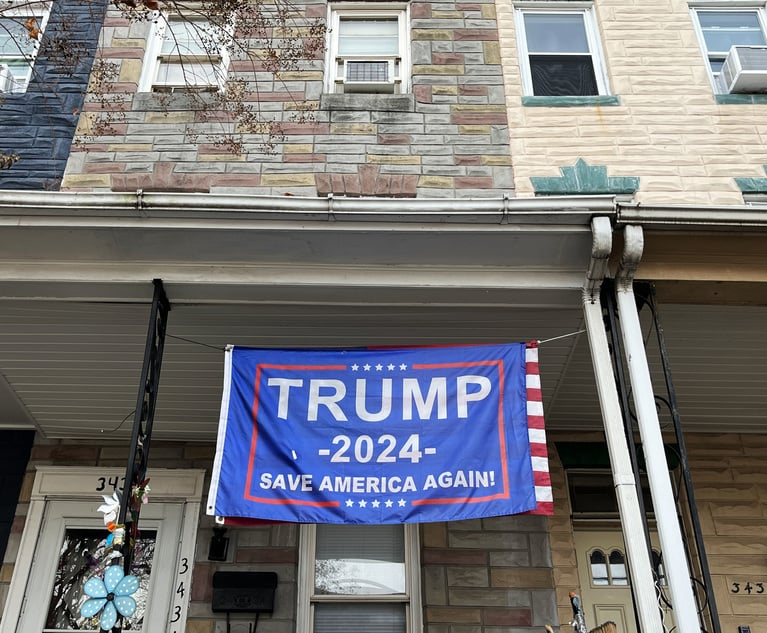With the Supreme Court’s blunt summary dismissal of Texas v. Pennsylvania for lack of standing, the effort of Donald Trump and his allies to overturn the result of the presidential election in the courts has reached the end of the road. The court’s decision confirms what has been evident from the outset. This legal campaign was marked by accusations of fraud unsupported by evidence, by legal theories that went beyond the creative to the fanciful to the downright bizarre, and by demands that alleged violations of state election procedural law be used to invalidate the entire election without any evidence that the violations had affected the result. The argument ultimately boiled down to the circular proposition that the absence of evidence of fraud was itself evidence that fraud must have occurred because Democrats had made it impossible to prove.
Underlying these vain attempts were two implicit premises. First, that there must have been massive ballot box stuffing and illegal voting because, well, that’s what Democrats have always done whenever they get the chance, from Boss Tweed to Mayor Daley. Behind that lurks the belief that the votes of the urban poor have always been inherently suspect because these voters are ignorant and boss-controlled and because they pay less in taxes than they consume in graft, patronage and benefits at the expense of the respectable. That was said of the Irish in the days of Tammany Hall and of the Ellis Island immigrants in the days of Frank Hague. It is muttered today about African Americans, Latinos and other non-Europeans.
This content has been archived. It is available through our partners, LexisNexis® and Bloomberg Law.
To view this content, please continue to their sites.
Not a Lexis Subscriber?
Subscribe Now
Not a Bloomberg Law Subscriber?
Subscribe Now
LexisNexis® and Bloomberg Law are third party online distributors of the broad collection of current and archived versions of ALM's legal news publications. LexisNexis® and Bloomberg Law customers are able to access and use ALM's content, including content from the National Law Journal, The American Lawyer, Legaltech News, The New York Law Journal, and Corporate Counsel, as well as other sources of legal information.
For questions call 1-877-256-2472 or contact us at [email protected]


 Ballot Dropbox for Pennsylvania mail-in ballots, Media, PA. Credit:Abigail McCann/Shutterstock.com
Ballot Dropbox for Pennsylvania mail-in ballots, Media, PA. Credit:Abigail McCann/Shutterstock.com




